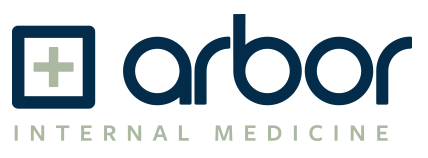Healthy Blood Pressure for a Healthy Future
The Importance of Annual Blood Pressure Checks: A Preventative Measure for a Healthy Future
Introduction
Maintaining good health involves proactive measures, and one crucial aspect is monitoring your blood pressure regularly. Often referred to as the "silent killer," high blood pressure can have severe consequences if left unchecked. This article emphasizes the significance of annual blood pressure checks for individuals aged 18 and above, whether during a routine physician visit or through self-monitoring.
How to Check Your Blood Pressure
The process of checking your blood pressure is simple and can be done at home using a blood pressure cuff. Sit in a comfortable chair with your back against the backrest and your feet flat on the floor. Place the cuff around your arm, rest for about 5 minutes, staying calm, and then press the start button. The ideal readings are a systolic (top number) below 120 and a diastolic (bottom number) below 80.
Understanding the Risks
Severely uncontrolled high blood pressure can pose immediate risks, such as confusion, headaches, and even stroke symptoms. This usually occurs when your blood pressure exceeds 200/110 in a single instance. However, the more common danger lies in the long-term effects of consistently elevated blood pressure, even if it is only slightly high at 130-140 systolic. This chronic stress on the heart and blood vessels significantly increases the risk of heart attacks and strokes over the next 20-30 years.
Managing Blood Pressure through Lifestyle
The most effective way to manage blood pressure is through lifestyle changes. Weight loss is a powerful tool, with every 10 pounds lost potentially reducing the systolic blood pressure by 10 points. Regular exercise, reduced salt intake, and prioritizing quality sleep also contribute to maintaining healthy blood pressure levels.
Stress Management: An Underestimated Tool
Often overlooked, stress management is a potent weapon against high blood pressure. Actively reducing stressors in your life or learning healthy coping mechanisms through activities like meditation or journaling can result in a remarkable reduction in systolic blood pressure, up to 16 points.
Taking Action Today
If you haven't already started screening yourself for high blood pressure, it's time to take action. Purchase a blood pressure cuff for home monitoring or schedule an appointment with your doctor. If your readings consistently exceed 120/80, seek medical advice promptly. Early intervention and lifestyle changes can prevent the progression of high blood pressure and the associated health complications.
Conclusion
Annual blood pressure checks are a vital component of preventive healthcare, allowing individuals to detect and manage potential issues before they become critical. By adopting a proactive approach to monitoring and managing blood pressure, individuals can significantly reduce the risk of heart attacks and strokes, ensuring a healthier and more vibrant future.

